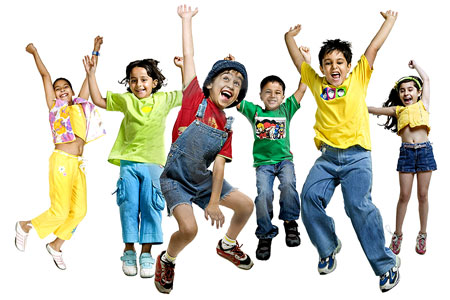Children living with trauma are those who have experienced one or more traumas in life. Traumatic stress includes a variety of reactions that include intense and depressive symptoms. Without treatment, it can affect the child’s nervous system. These kinds of children are more vulnerable to serious health issues.
Risks:
The risk factors depend upon the severity of trauma in children. Protective measures can reduce the traumatic impact on children. Some factors to consider include:
The severity of the incident:
How severe was the event? How badly the child hurt from the incident? Did someone they love die? Were they mistreated, sexually molested, were they starved a punishment? These are the factors to consider while measuring distress among children.
Impact of untreated trauma:
In many cases, a child’s body and mind recover quickly from trauma. However, other childhood trauma can leave lasting and long-term effects. By this, the child can experience health and mental illness.
Factors of traumatic stress are:
ACE’s (adverse childhood experiences)
They used this new technique to check on the severity of the Child’s suffering. Utilizing this new tool, many care providers, doctors, therapists, and many others are working with children especially those with trauma. These tools assist with the levels in which the Childs need assistance to heal.
Younger children are more vulnerable to trauma that can negatively affect their well-being. This can lead to problems with Childs physical or mental health issues. ACES can give those involved with the care of children an idea of the pain and suffering going on with the child you are working with, also what steps to take.
Experiencing traumatic events multiple times is more harmful than a single event.
Healthy Relationships:
Children with support and healthy relationships are more likely to recover. Having regular family meals together, for example, having regular “no electronics” but time to talk, play, or reading together creates a healthy support system for the whole family.
Coping skills:
Intelligence, physical health, and self-confidence help children cope easily.
Understanding your child behavior:
When children experienced trauma multiple times, it leaves a negative impact on their brains. It might result in aggression, disobeying, and feeling disconnected. So in this situation, give your child time to act appropriately. Do not show any violence that will reduce more adverse to their health.
Trauma triggers:
When your child misbehaves, he or she may be experiencing a trauma trigger. A trauma trigger reminds the child of the original event. However, responses to triggers are un-planned. When children’s bodies are overwhelmed with stress, they lose their senses. They can also misbehave with you.
Helping your child:
Identify trauma triggers:
Something you did at your home can trigger your child without either of you realizing it. It is vital to keep an eye on your child’s behavior. Help your child overcome bad experiences.
available to your children:
Provide encouragement, care, and comfort in ways that your child will accept. Spend some quality time with your child. Be patient if children seem needy. Many times a child just needs to feel loved, feel like they are in a secure home. Children need to be shown, love
Calmly respond, don’t react:
Your adverse treatment may trigger your child. When your child is sad, do what you can do to keep calm. Lower your voice; appreciate your child’s feelings.
Help your child:
Encourage your child to practice slow breathing, play outside, and listening calmly. Getting your child involved in sports, dancing, or other forms of regular exercise.
Encourage self-esteem:
Positive experiences help the child to recover from trauma quickly. Always encourage your child to achieve high goals and be positive with them.
Making a plan for what to do when your child is feeling stressed out, angry, or overwhelmed. Be there for children when they are feeling sad. Sometimes a hug is all they need. Showing you love them no matter what.
Trauma can affect a child’s behavior in many ways. It can harm their well-being. However, with proper care and understanding, all family members can heal from a traumatic event.
Trying to heal a child is not always easy, they will remember how you helped them in time of stress.; you are their example to remember in adulthood.
Many Blessings to you.
